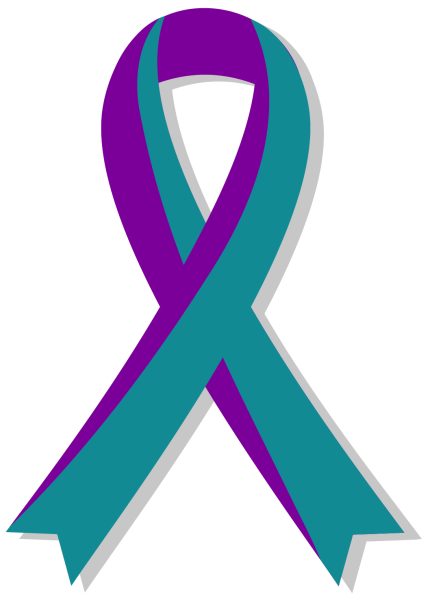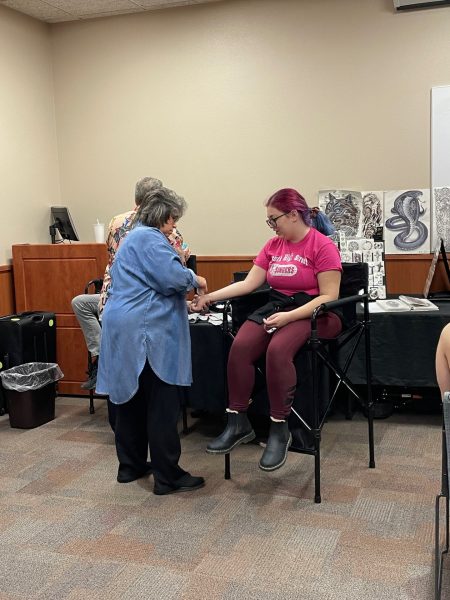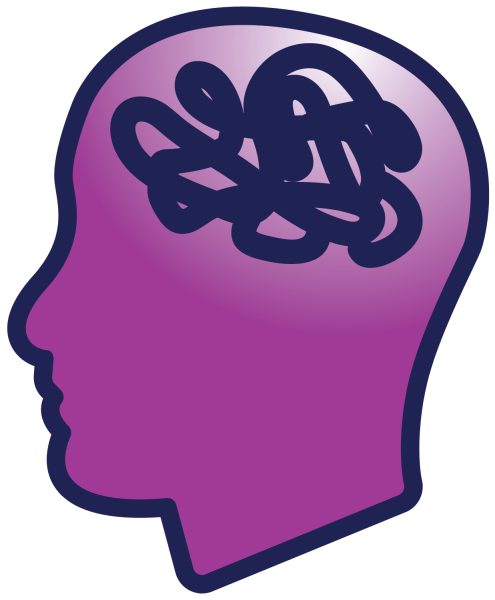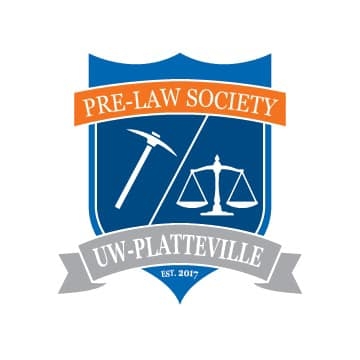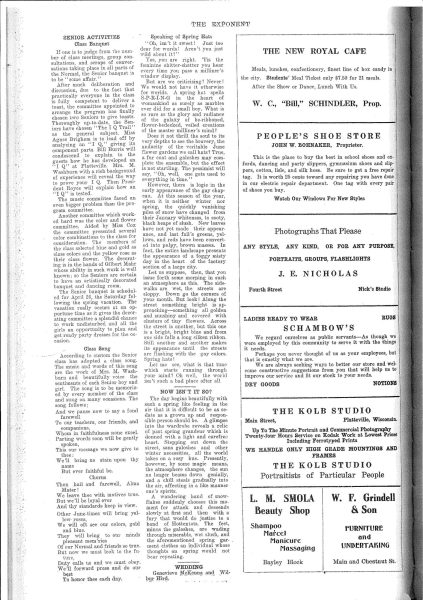Two Teachers Reflect on Online School
School of Education’s Edgington and Kirk share their experiences
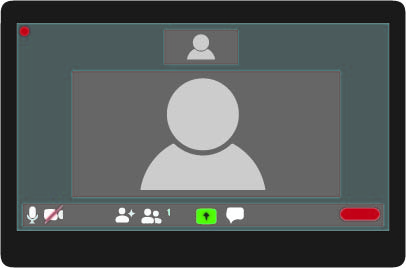
Elizabeth Kaiser graphic
here are pros and cons to online school and like the rest of us, teachers are still learning and adapting to the change.
The 2020 fall semester at University of Wisconsin-Platteville is very different from past fall semesters. Almost everything is online, with very few in-person classes and, while there is plenty of feedback from students, what do the teachers think of online teaching?
This week, the Exponent interviewed two faculty members from the School of Education to learn about their thoughts on online schooling: Assistant Professor Erin Edgington and Professor Rea Kirk.
Both have experience working with many students and they had much to say. Their consensus regarding online learning was that while it was new and different, they are helping students learn and are learning right along with them about the new style.
There are challenges to learning to teach via online learning, especially when one is unfamiliar with the system used, like Zoom.
“I had it all set up horribly. I had the class set up to what made sense to me. But after getting student feedback, I had to relearn everything. [Students] have been so helpful and patient,” Kirk said.
Other challenges teachers have faced is forming connections with students to help them grow and learn.
“It’s harder to form relationships and get to know students than when you are in that face-to-face context. I believe that relationships are the foundation of teaching and learning and that [online learning] has created a barrier and we have tried to think of strategies to connect and relate with students,” Edgington said.
However, both teachers agree that one main issue with online learning is that some students and staff do not have access to a stable internet connection, especially if they have chosen to live off campus.
“I feel I have to make special accommodations, so they are not penalized for bad internet,” Kirk said.
Despite the challenges, the teachers share the similar thinking that synchronous online schooling allows students to connect more than purely asynchronous learning, and they are glad the students can continue learning wherever they may be.
“Regardless of where a student is, they are able to connect and join in that online setting. It offers us the opportunity to engage in more 21st Century learning skills. The students are learning to use these tools, and online learning pushes us to consider how to get students to collaborate differently … and these experiences will ultimately support our students’ ability to incorporate similar technologies and teaching strategies in their future practice,” said Edgington.
Online learning is a new experience for both faculty and staff. Everyone is learning and adapting to the new ways of doing classes at UW-Platteville, but by working together, it will hopefully be a more productive experience.




